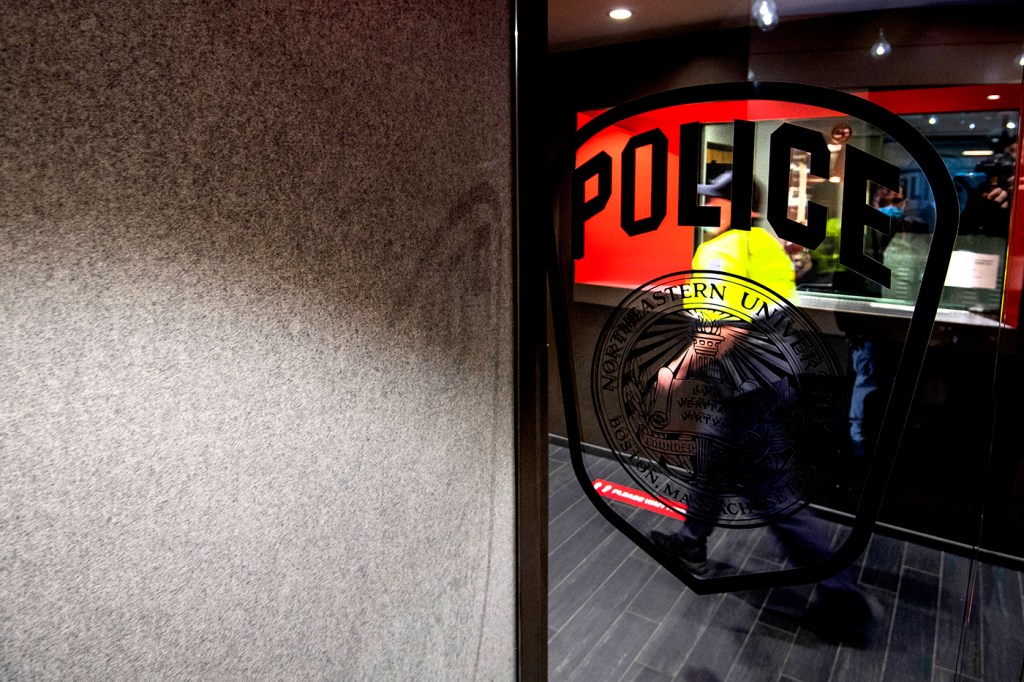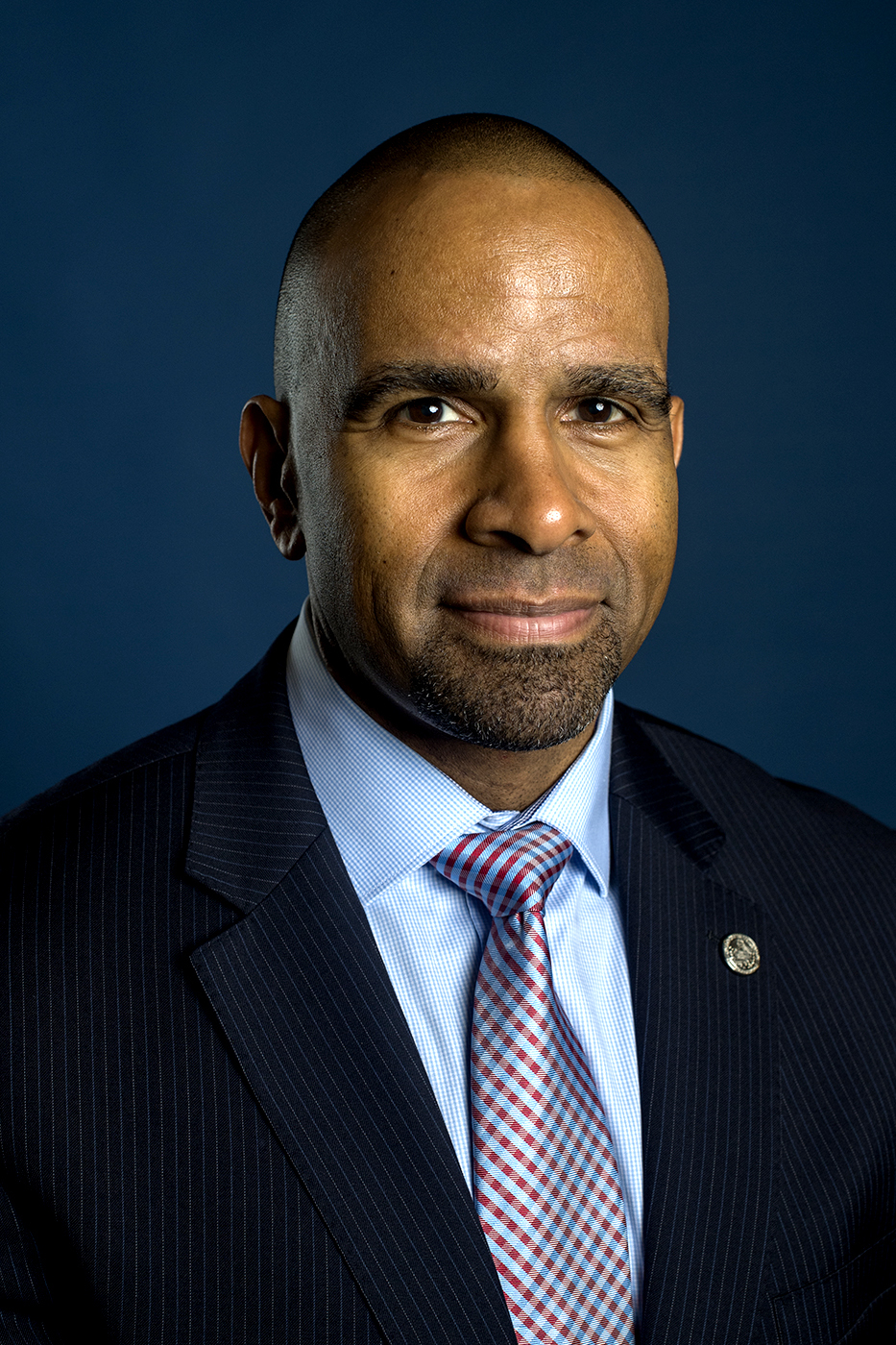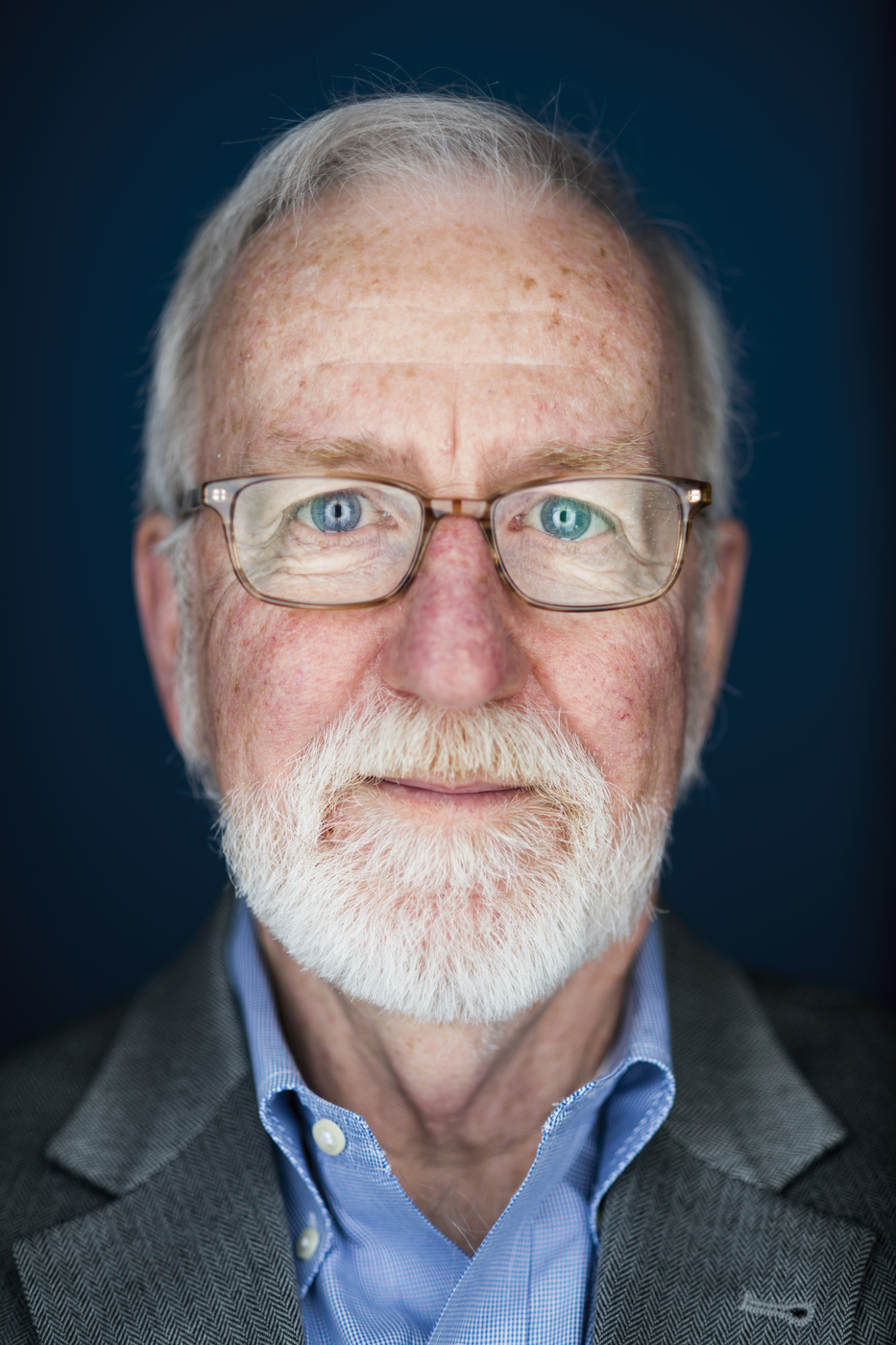Northeastern introduces new NUPD feedback system

In an effort to facilitate dialogue and enhance policing on campus, the Northeastern University Police Department, in partnership with the NUPD Community Advisory Board, has created a new feedback system designed to make information and the flow of communication more accessible for community members.
The system will streamline the process for submitting complaints, recommendations, compliments, and questions, which the police say has been historically piecemeal. The new approach will also enable the department to fine tune its training and policing procedures in response to the information it receives.

Michael A. Davis, Vice President of Campus Safety and Chief of Police at Northeastern University. Photo by Matthew Modoono/Northeastern University
“It’s evident to me and the entire NUPD that information exists out there concerning interactions with the community that have occurred optimally and sub-optimally,” said Michael A. Davis, vice president for campus safety and chief of police.
“But for various reasons, we don’t get all the feedback—members of the community may speak to a professor or dean, may post it on social media, or may not report it at all, and the information just floats out there,” Davis said. “The idea here is to enable people to get a resolution.”
Northeastern isn’t alone. Police departments across the country are examining their feedback systems following a national reckoning with police accountability this summer, said Jack McDevitt, professor of the practice in criminology and criminal justice, and director of the Institute on Race and Justice at Northeastern.

Criminal Justice professor Jack McDevitt. Photo by Adam Glanzman/Northeastern University
In June, Joseph E. Aoun, president of Northeastern, announced a series of actions the university would take in response to protests and social unrest over the summer. One of those steps was to create the NUPD Community Advisory Board, which was established in part to enhance trust and communication between police and the surrounding community—including the neighborhoods surrounding Northeastern’s Boston campus. McDevitt chairs the advisory board.
The board, composed of Northeastern students, faculty, and staff, as well as one representative from the Boston community, held a series of town hall-style meetings and pop-up info sessions in August and September to hear from a broad cross-section of the community about experiences with the NUPD.
Establishing a new distributed system for collecting feedback is one of the changes that came out of those meetings.
“Our system is unique nationally in that you can use it to request information about data, policies, or practices, as well as to file complaints or offer compliments,” McDevitt said. People can submit requests for data related to use of force within the NUPD, for example.
Here’s how the system works.
The department and the NUPD Community Advisory Board have set up different reporting stations at several key offices throughout the Boston campus. Faculty and staff at those offices have been trained to shepherd students, faculty, staff, and community members through the reporting process.
Those offices include: the Office for University Equity and Compliance; the John D. O’Bryant African American Institute; the Office of Student Conduct and Conflict Resolution; the Office of City and Community Engagement; the Asian American Center; and the office of Northeastern’s We Care Support Network, part of the Division of Student Affairs.
People wishing to provide feedback can also do so directly, via a form on the NUPD website.
“You have a choice to send feedback to NUPD directly, or to the intermediaries, whose main goal is to act as an advocate for you, someone you feel safe talking to if, for any reason, you don’t feel comfortable talking to an officer,” said Lt. Adam Keeling, who oversees professional standards for the Northeastern police department.
After the initial feedback is registered, the NUPD will begin its investigation into the incident in question, Keeling said. That investigation may require follow up conversations with the person who provided feedback, in order to understand the situation better and establish any witnesses, if necessary.
Here’s where the reporting offices come into play. Faculty and staff at the offices can help facilitate conversation between the person who submitted feedback and police investigators in a way that may feel more approachable to someone unfamiliar or wary of police questioning, Keeling said.
“These intermediaries can do a multitude of things: They can provide you with services, act as your advocate, and hopefully help create a dialogue between us and the individual who filed the complaint,” Keeling said. “That rapport hopefully builds trust, and breaks down some of the walls.”
People can also choose to submit feedback anonymously through the Office for University Equity and Compliance, Keeling said. Rather than police following up directly, a designated staff member in the office will intake and investigate the claim.
Keeling, Davis, McDevitt, and other officers and members of the advisory board hope the new system will encourage more feedback from the Northeastern community.
“We want feedback and we want to understand the experience we’re creating,” Davis said. “The experience of a police stop has an asymmetrical power dynamic, and if that’s handled sub-optimally, we want to create a space where people are willing to put all the information into the process because we take these things very seriously. We’re constantly striving to be better tomorrow than today.”
For media inquiries, please contact Mike Woeste at m.woeste@northeastern.edu or 617-373-5718.





